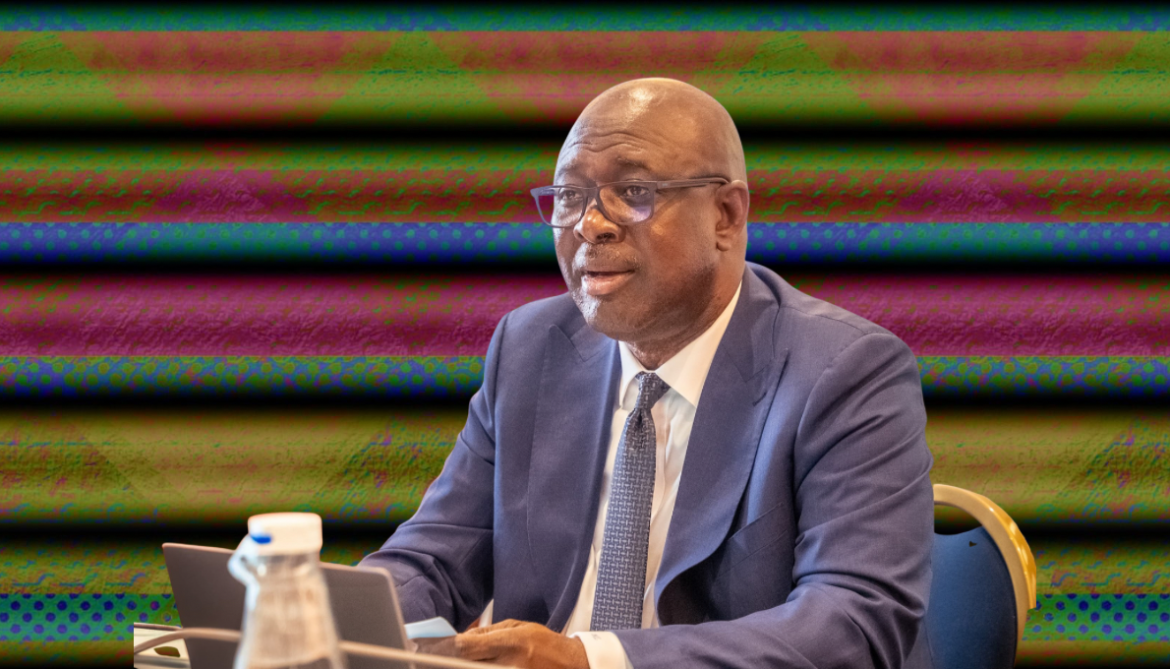KEY POINTS
- Nigeria breaks 10-year drought in oil sector investments.
- Petroleum Industry Act anchors investor confidence and growth.
- Government targets $60 billion investments by 2030.
Nigeria has recorded its first wave of new oil investments in a decade, according to Minister of State for Petroleum Resources (Oil) Heineken Lokpobiri, who said reforms introduced under President Bola Tinubu’s administration have broken a prolonged drought that stalled growth in the sector.
Lokpobiri made the announcement in New York during a session on oil sector collaboration hosted by the United States–Nigeria Council, held alongside the ongoing United Nations General Assembly. In a statement released by his adviser, Nneamaka Okafor, the minister said the period of stagnation had weakened output, discouraged investors, and left several oil blocks idle.
Oil investment drought gives way
The minister noted that Nigeria’s oil sector is now attracting fresh commitments running into billions of dollars. He added that every inactive block from the years of inactivity is now open for development.
“For more than ten years before President Tinubu came in, there were no new investments,” Lokpobiri said. “That has changed. All inactive blocks are now in the basket and up for grabs.”
He emphasized Nigeria’s longstanding ties with US energy companies but also underscored that new opportunities exist across upstream and other industry segments. At the core of this turnaround, he explained, is a deliberate policy direction that welcomes strategic partnerships and sends a clear signal to global investors that Nigeria is ready.
Reforms restore confidence in oil sector investments
Lokpobiri credited the Petroleum Industry Act with providing the legal foundation for this revival. He described the PIA as a clear, investor-friendly framework that allows companies to operate with certainty. “The PIA has helped us create an environment where investors can work with clarity, confidence, and security,” he said.
He also pointed to other recent reforms, including the removal of fuel subsidies, deregulation of the downstream sector, and a stronger push for gas monetisation, as evidence of Nigeria’s seriousness about reform. These steps, he said, have not only raised domestic oil production but also repositioned the country as a dependable energy hub for West Africa.
While fossil fuels remain central to Nigeria’s economy, Lokpobiri stressed that the government is committed to a balanced transition. Nigeria, he said, remains aligned with the Paris Agreement and continues to pursue cleaner, more sustainable exploration.
The administration has set ambitious targets: $30 billion in new sectoral investments by 2027 and at least $60 billion by 2030. With billions already pledged, policymakers argue that the sector is entering a new era defined by transparency, competitiveness, and deeper global partnerships.



